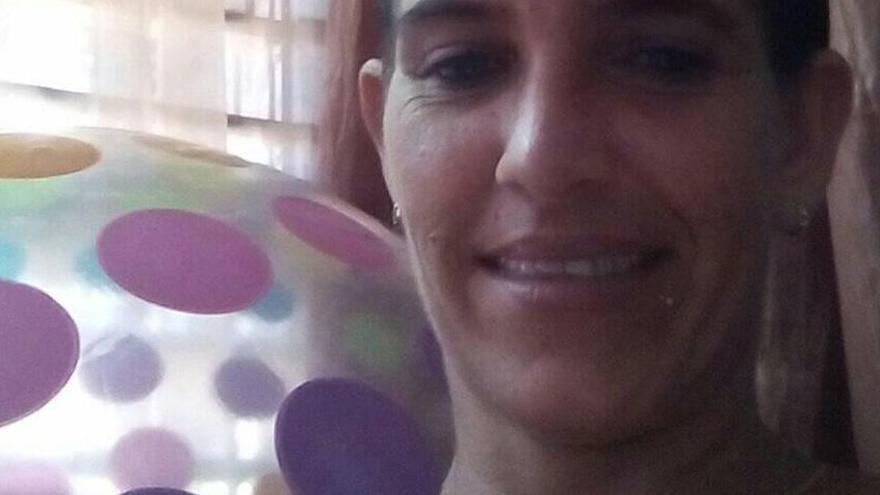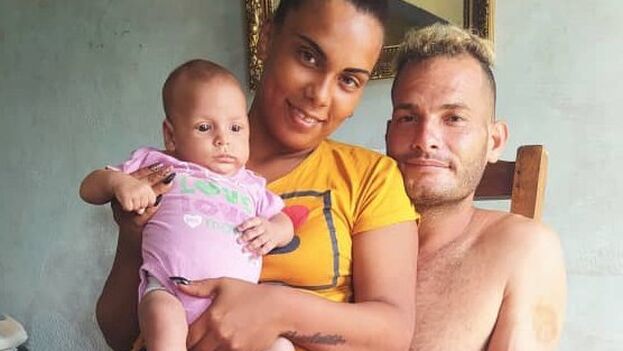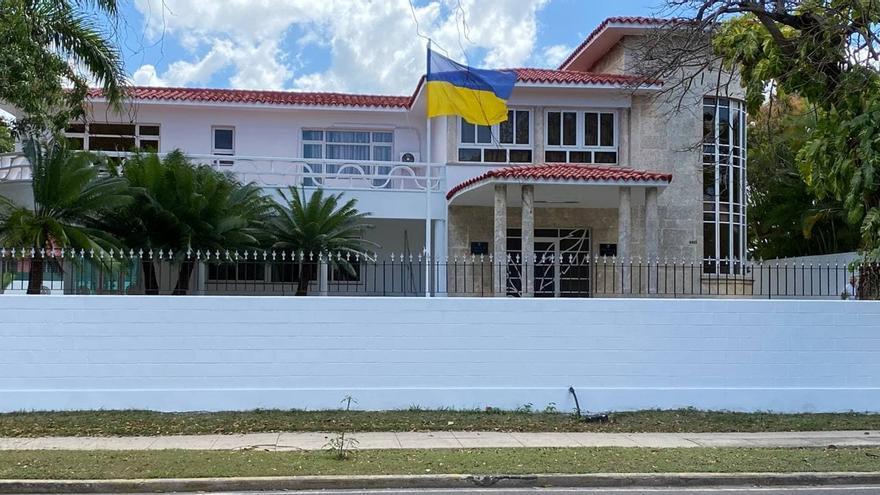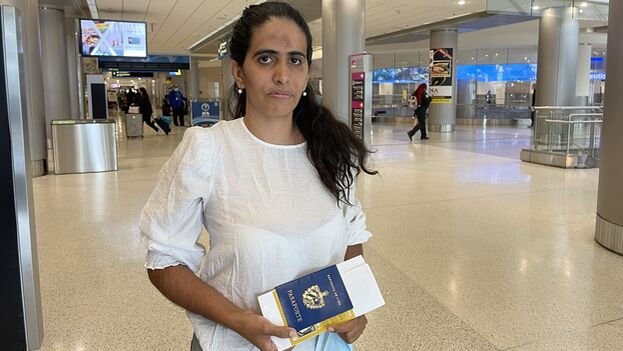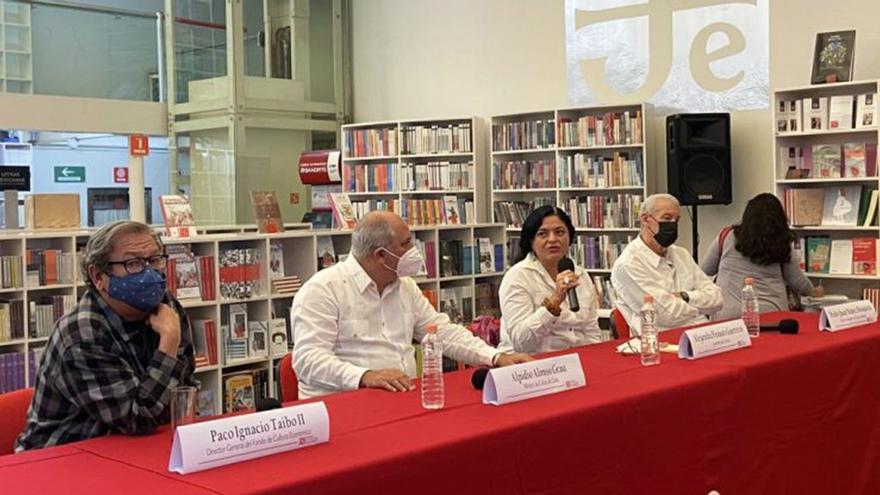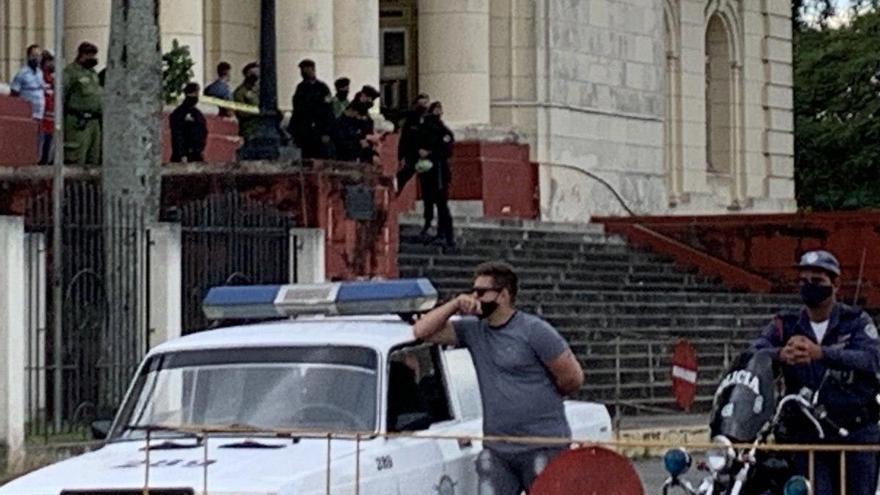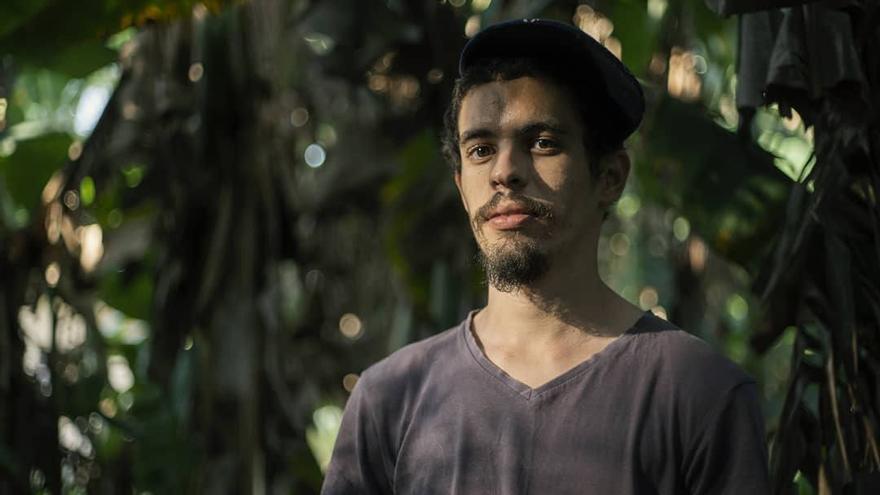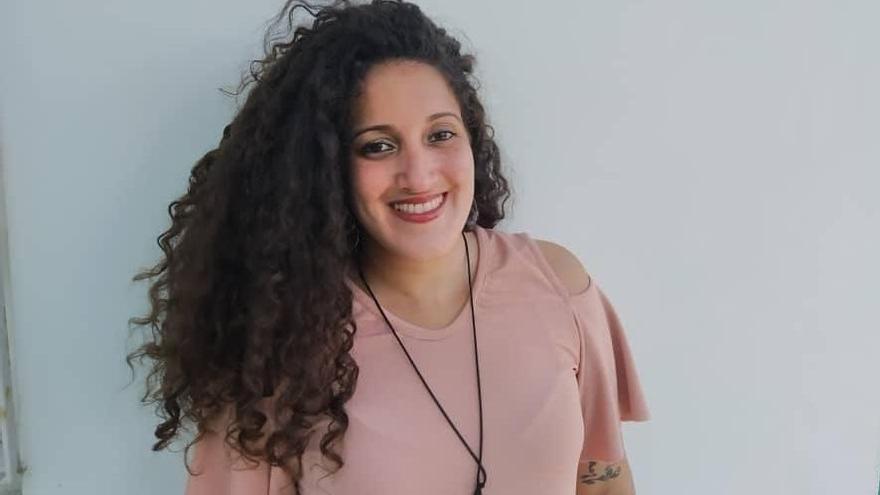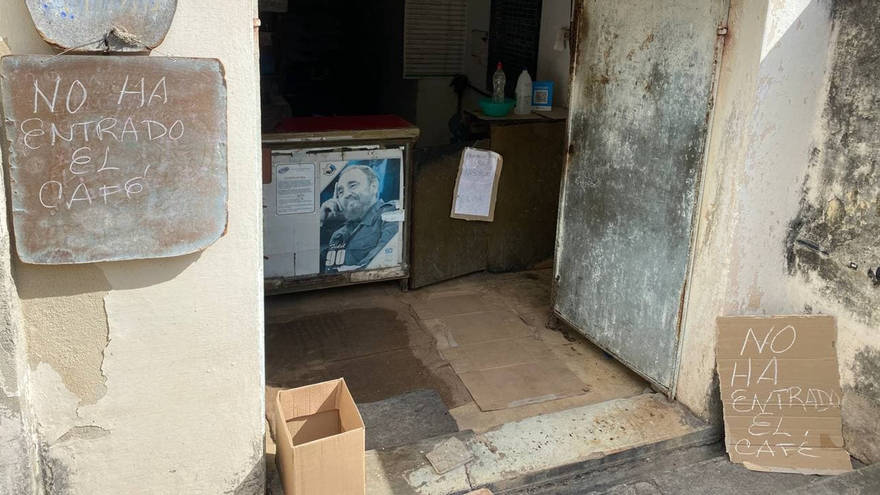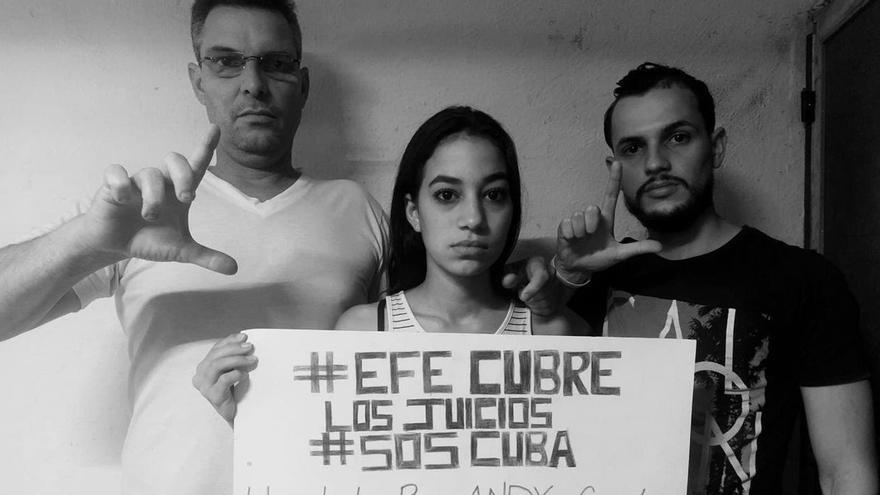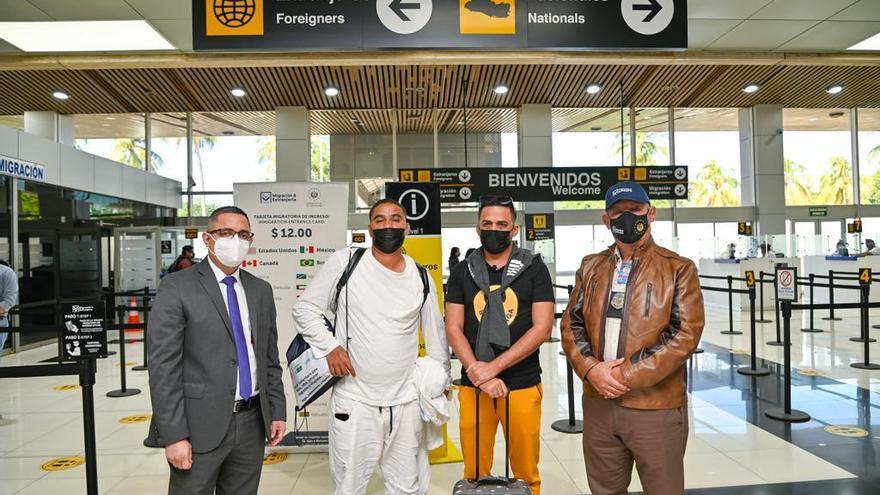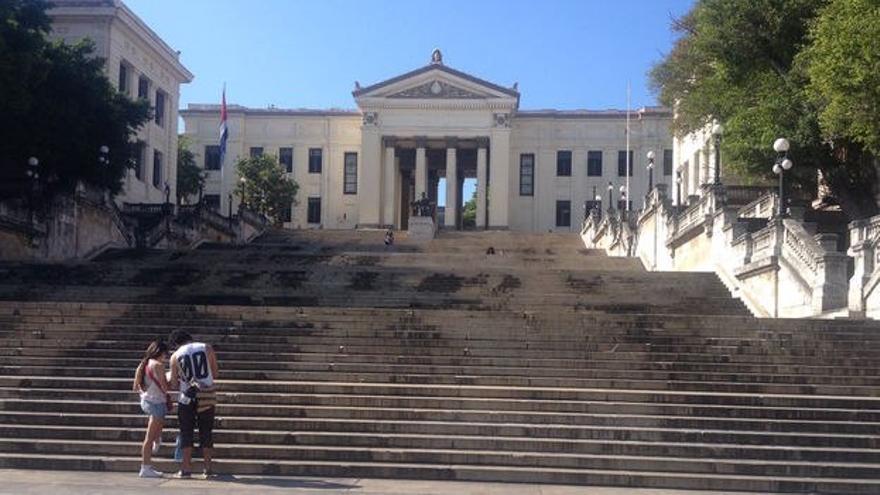
![]() 14ymedio, Luz Escobar, Havana, 28 February 2022 — All Cuban high school graduates who want to continue their studies at the university level will be able to do so this year even if they fail the entrance exams. This is how René Sánchez Díaz, an official from the Ministry of Higher Education, informed the official press as he boasted that everyone “will be able to obtain university degrees.”
14ymedio, Luz Escobar, Havana, 28 February 2022 — All Cuban high school graduates who want to continue their studies at the university level will be able to do so this year even if they fail the entrance exams. This is how René Sánchez Díaz, an official from the Ministry of Higher Education, informed the official press as he boasted that everyone “will be able to obtain university degrees.”
The results of the entrance tests will only determine the order of the ladder for granting the available places, he specified.
The first group of students who will have the right to choose a university career will be those who have passed the exam with a minimum of 60 points, then those who have failed, and then the pre-university graduates who did not take the entrance exams
Lastly, graduates from Technical and Professional Education, from the Worker-Peasant Faculty, as well as from previous pre-university courses and other cases “assessed by the Provincial Admittance Commission” will be placed. continue reading
Reynaldo Velázquez Zaldívar, another director of the Ministry, clarified that, for now, this measure is of an “exceptional” nature, without specifying the reasons that have led them to take it
The new school year will begin on 18 April 2022 and will run until 3 February 2023, for a total of 35 weeks, which is nine weeks fewer than the duration of an ordinary course.
Reynaldo Velázquez Zaldívar, another director of the Ministry, clarified that, for now, this measure is of an “exceptional” nature, without specifying the reasons that have led them to take it, and assured that the number of places offered is 100,022, 9,000 more than the last year.
This increase in places contrasts with the notable decrease in the number of students getting a university degree. According to official figures, in the 2019-2020 academic year, 88,000 students entered Higher Education, compared to 90,691 in 2015-2016.
The official decision is reminiscent of what happened in the 70’s and 80’s in Cuba, when University education was accessed without tests and when only the students’ grades in their exams during the course were taken as a reference for the ranking.
The consequences of the abolition of these meritocratic customs, together with the indoctrination that has accompanied education for more than 60 years, have caused the quality of university studies to decline, something recognized even by Cuba’s own authorities.
This same Monday, in a note published in the newspaper El Invasor about the malfunction of State companies, an official from the University of Ciego de Ávila stated that they had detected “training problems in Cuban standards in university education itself”.
Since March 2020, when the Covid-19 pandemic began to affect the Island, students of all levels have attended classes virtually, through national television
Starting in the 1990’s, with the acceptance of the dollar in Cuba, university courses began to suffer a strong devaluation relative to trades where foreign currency could be acquired, especially in the tourism sector, even if the jobs required little training, such as cleaning in hotels.
In any case, the scheduled dates for the entrance exams are March 1st, 4th and 8th (for the subjects of Mathematics, Spanish and History, respectively), with an extraordinary call for those who, justifiably, cannot attend those first days, which will be held on April 4th, 6th and 8th.
Since March 2020, when the Covid-19 pandemic began to affect the Island, students of all levels have attended classes virtually, through national television. After health authorities and the Government decreed a relaxation of the measures, classes have restarted in person and programs have been adjusted so that students can make up for lost time.
Higher education students were the first to join classes last year. They did it virtually through a platform created specifically for university students. This way, they were able to attend some classes that had been postponed due to the closings.
Translated by Norma Whiting
____________
COLLABORATE WITH OUR WORK: The 14ymedio team is committed to practicing serious journalism that reflects Cuba’s reality in all its depth. Thank you for joining us on this long journey. We invite you to continue supporting us by becoming a member of 14ymedio now. Together we can continue transforming journalism in Cuba.

